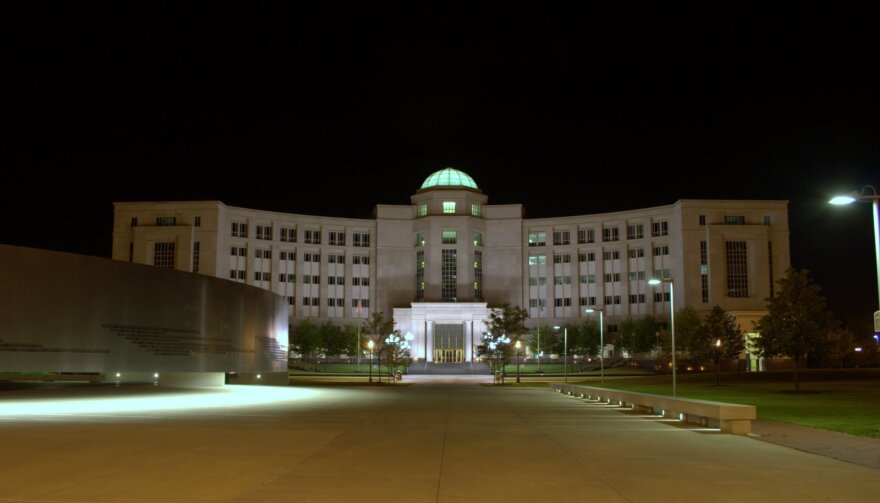The Michigan Supreme Court expanded access to child-custody proceedings Monday, ruling that a gay woman can seek shared custody of her former partner's biological child who was conceived in vitro while the two were together.
The case Pueblo v. Haas deals with a relationship, conception and birth that all took place before the U.S. Supreme Court struck down Michigan’s ban on same-sex marriage in the 2015 Obergefell decision.
The ex without a biological connection, Carrie Pueblo, wants shared parenting time, but lower courts ruled she lacks legal standing.
In a 5-2 decision, the state Supreme Court said the case can go forward. But to win, the court majority says Haas has to show the couple would have gotten married before the child was born but for the fact that same-sex marriage was illegal at the time.
The majority opinion, written by Justice Megan Cavanagh, said denying the possibility of shared parenting time would “perpetuate harms” that were supposed to be addressed by the Obergefell decision “that denying same-sex couples the same legal treatment in marriage and all the benefits afforded to opposite-sex couples demeans them, stigmatizes their children and families, and teaches society that they are inferior.”
The opinion suggested a commitment ceremony could serve as proof that a couple would have gotten married pre-Obergefell. A history of the case outlined in earlier court decisions show the couple did hold a commitment ceremony.
The majority was made up of the court’s Democratic Party-nominated justices. Justice Kyra Harris Bolden also wrote a concurrence asking the Legislature to enact a law that clears up any ambiguities.
Republican-nominated Justice Brian Zahra wrote a dissenting opinion, arguing that the decision will sow confusion.
“The test requires courts to speculate as to whether a same-sex couple would have chosen to get married had they possessed the opportunity to do so. Courts will be required to dive into all public and private aspects of a now-defunct relationship to hypothesize whether the couple would have chosen to marry,” he wrote.
But it will soon become more than speculation since the Supreme Court decision returns the case to the Kalamazoo County Circuit Court to apply the ruling.



